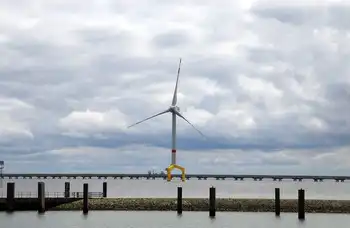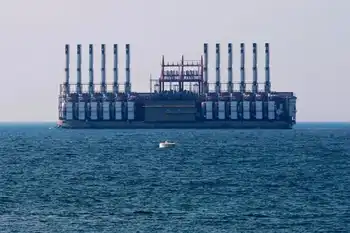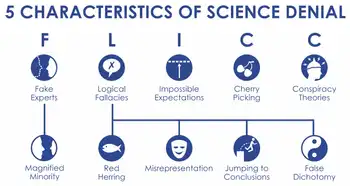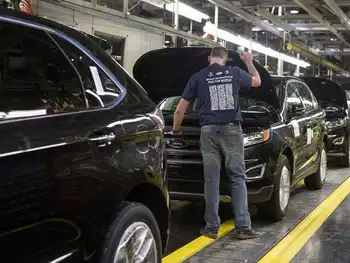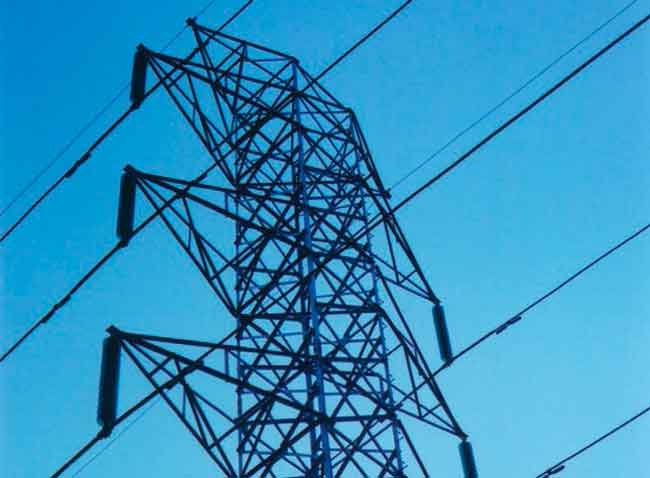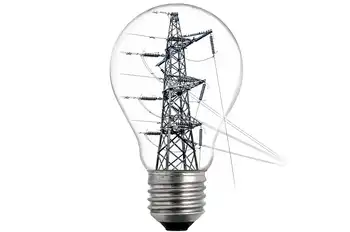How GE learned to think small
By Reuters
Electrical Testing & Commissioning of Power Systems
Our customized live online or in‑person group training can be delivered to your staff at your location.

- Live Online
- 12 hours Instructor-led
- Group Training Available
But to generate growth in emerging economies, which have fewer resources, GE is learning to think small.
Recently, the global manufacturing giant 2010 revenues: $149 billion gave its imprimatur to the Sunspring, a small, solar-powered, water purification machine that serves the global poor, costs just $25,000 and was invented by a self-taught engineer who owns a small business in small-town Colorado.
Interestingly, it was not just the business of GE that made the connection to Jack Barker, the 48-year-old inventor of the Sunspring, but the GE Foundation, which last year asked him to help with disaster relief in Haiti. It's an example of how the company's charitable endeavors can have an unexpected payback.
Bob Corcoran, who runs GE Foundation, told me the other day that its work has exposed GE to "different thinking about how we can adapt our technology and our products for an increasingly important market," namely places in the global south that lack clean water and reliable electric power.
Jack Barker and his wife, Carmen, have been in the water business for years, providing maintenance and support to small water systems in Colorado. "It's always been a passion of mine, drinking water," he told me. About four years ago, Barker got the local distributorship for the GE Homespring, which uses thousands of tiny, fibre membrane strands to block out contaminants like bacteria, parasites and viruses. He thought: "Wouldn't it be neat to get this technology to places in the world that need it the most?"
Easier said than done. Costs were one issue, he knew, and the availability of parts and technicians was another. What's more, places that lack safe drinking water often also lack electricity.
It was then that Barker decided to design and build the Sunspring, which incorporates GE's technology, but runs on solar power. "It's probably 96 percent assembled when you get it," he says. "From crate to making water takes about two hours." Surplus electricity can even be used to charge a mobile phone.
Barker shipped the first Sunspring to an orphanage in India. He built another for a nonprofit group in Haiti in 2009, and he had a couple of more that were ready to go to Haiti when the earthquake hit in January 2010. The GE Foundation, which has been doing disaster relief since the 2004 tsunami in Indonesia, then approached him, to ask if he could supply 10 Sunsprings to Haiti.
He flew down to install a machine at a tent hospital near the Port-au-Prince airport. "It was total chaos, the worst of the worst I've ever seen," he said.
Barker wound up spending 140 days in Haiti last year.
His wife would call and say: "I can't believe you're still there."
"I can't believe I'm leaving," he'd reply. "There's so much to do."
Barker's company, Innovative Water Technologies, has deployed about 20 Sunsprings in Haiti. He says they should last 10 years and can purify up to 5,000 gallons of water a day, at a cost as low as $.0013 per gallon.
"It's one of the most cost-effective water treatment systems in the world," he says.
Working with a third-party consulting firm called Oxford Analytica, GE has just validated the Sunspring as a GE Healthymagination product, which essentially assures potential customers that the product does what it claims to do. That could help spur sales of the machine and, of course, the sales of the GE technology inside. If Barker gets more orders for Sunsprings — Haiti alone could use 1,000, he says — manufacturing costs will come down. Most customers are nonprofits and governments.
Corcoran, meanwhile, says that partnerships with companies like Barker's can help GE deliver health-related and energy-related solutions that are small-scale and distributed.
He asks: "How do you think about power in a distributed way? How do you think about health in a distributed way? How do think about water in a distributed way?" Good questions. Now all GE has to do is come up with more answers.





